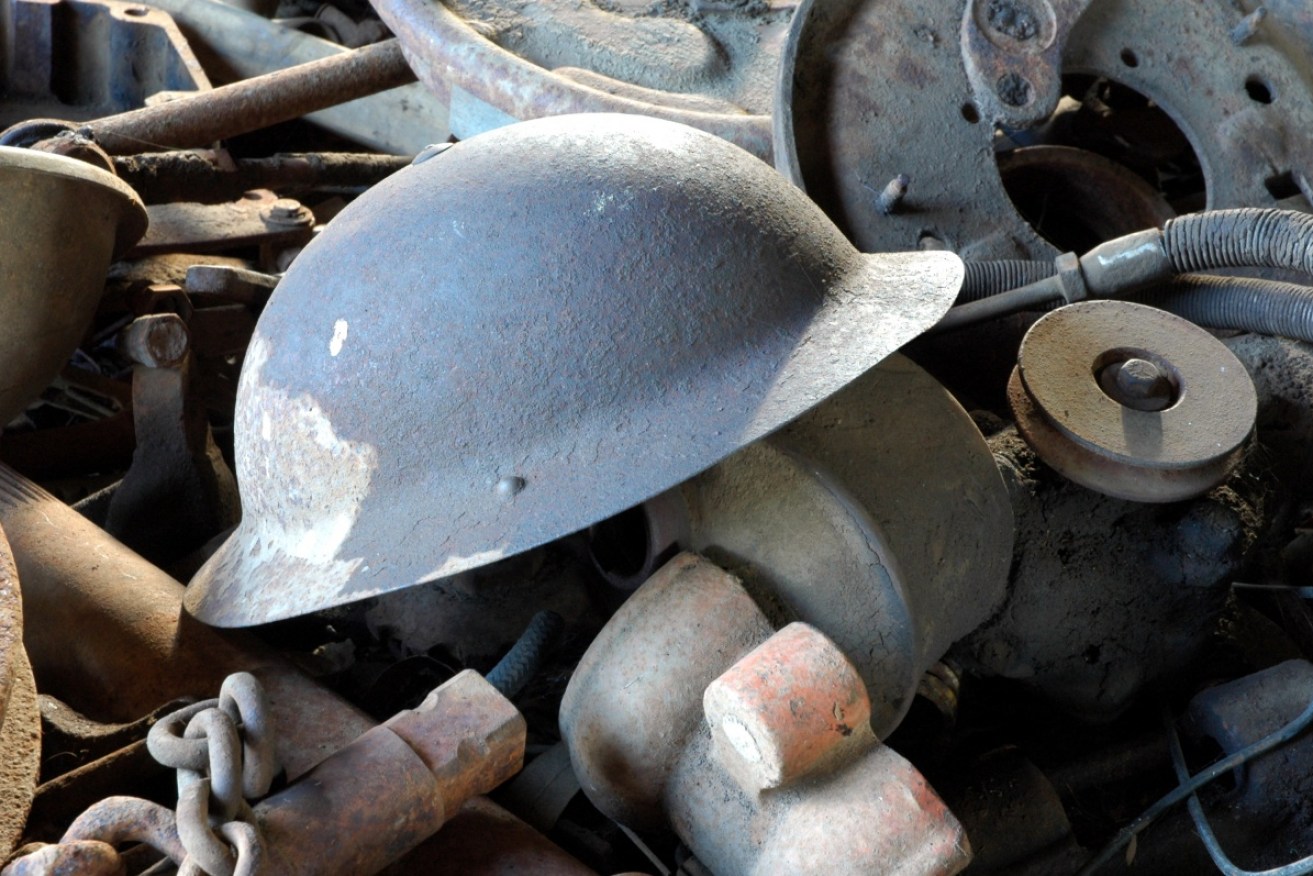‘It’s time to think like the World War II generation’

Prudence and caution are the watchwords. Photo: Getty
A senior economist has warned Australians to act more like the World War II generation in order to protect against a potential ‘killer debt trap’, as new data suggests many are unprepared for money emergencies.
Industry Super Australia chief economist Stephen Anthony said that, given current economic conditions, it is time for us to pay down debt, curb spending and boost savings, just like those who lived through the 1940s.
“If we were having this conversation 10 years ago in the middle of a mining boom and the government is throwing tax cuts at us and benefits payments and god knows what else, and the trend in economic growth is heading up, then you might form a more risk-neutral position,” Mr Anthony told The New Daily.
“But right now, it’s the opposite. We have policy makers around the world who are struggling to come up with degrees of freedom to stimulate economies. We have declining trend growth rates. We have zero short-term interest rates. One third of [government bond] issuance are negative. So, you would think that might cause people to want to save a little more, just in case.”
Worryingly, Australians do not seem to be well-prepared for financial shocks. Nearly half the population (46.6 per cent) have two months or less worth of income in savings, including 9.7 per cent with no savings at all, according to National Australia Bank’s Financial Resilience report released last week.
This accords with research from comparison website finder.com.au, which reported in May that 30 per cent of Australians had less than $1000 in a ‘rainy day’ savings account, including 12 per cent who had less than $100. This was based on a survey of 1075 Australians.
‘The killer debt trap’
One of the great dangers of high debt and low savings is what Mr Anthony called the “debt trap” of deflation.
Currently, our savings are growing slowly because of low interest rates, which have been imposed by the Reserve Bank to stimulate the economy. The value of our debt is remaining steady because of low inflation, rather than being eroded by stronger inflation as is usual. And wage growth is sluggish, so we are probably finding it harder to get ahead of our debts.

Inflation eases the burden of debt repayments. Deflation does the opposite. Photo: Getty
Mr Anthony said the “worst case scenario” is if the Australian economy slips into deflation, which is when popular goods and services start getting cheaper on average.
This might sound like a good thing, but it really isn’t. Deflation effectively increases the real cost of debt repayments. Mr Anthony warned that this scenario would be a “killer” for indebted households.
“I’m framing this sort of discussion against a backdrop of a worst case scenario where our central banks can’t reflate the economy because of the way they’ve gone about stimulating it in the first case. The point being, that falling rates of inflation lead to high real rates of interest, and that is a debt trap that people can’t get out of.”
To calculate the ‘real rate of interest’ to which Mr Anthony referred, we subtract the official inflation rate from the interest rate on a loan. For example, if the current headline inflation rate of 1.0 per cent falls to -1.0 per cent, then a full percentage point is theoretically added to whatever interest rate you are paying on your debt.
‘Think like Builders’
Mr Anthony said we might draw inspiration from the Builder generation, the parents of the Baby Boomers, who learned the hard way to be extremely financially careful.
“They were so risk averse, it was unbelievable. And of course they had the Great Depression, World War II, they had polio. A whole bunch of awful things happened to the country, and their attitudes were framed against that,” he said.
“Given we’ve had a similar financial event, a once in a 50- or 60-year shock, and we’re still paying for it, then maybe that’s the right mindset to adopt.”









